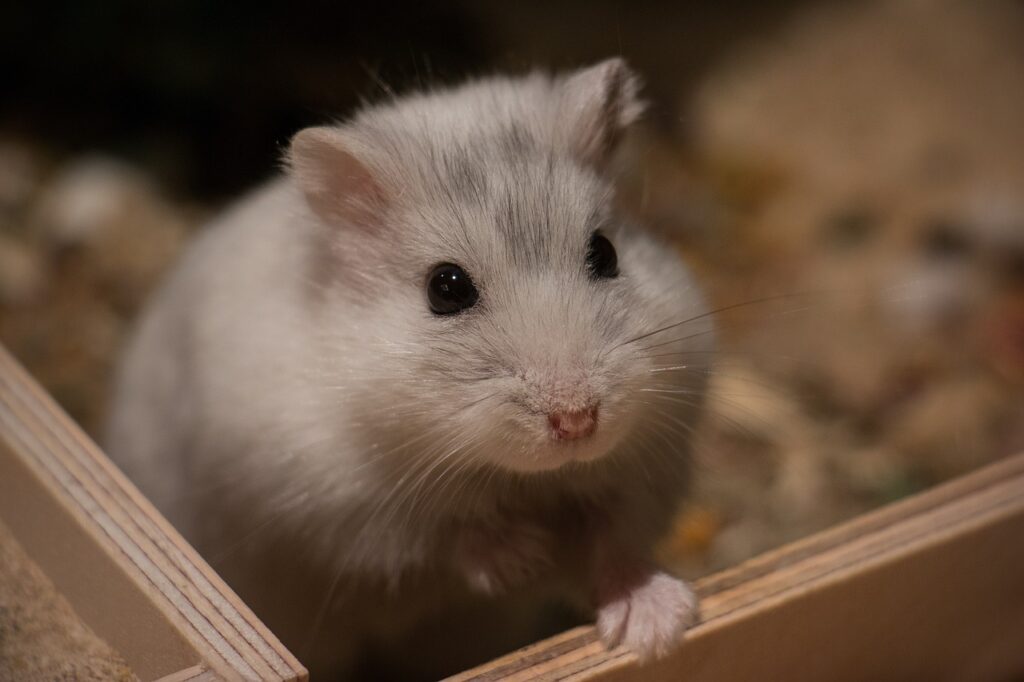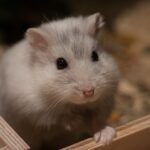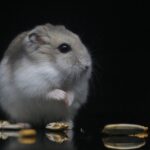Can Hamsters Eat Mushrooms?
Hamsters do not thrive on a mushroom-rich diet, and it is generally not recommended to feed them mushrooms. While mushrooms may seem harmless to humans, they can pose several health risks for hamsters.
Potential Dangers and Health Concerns
Consuming mushrooms can be dangerous for hamsters due to various reasons. Firstly, certain types of mushrooms may be toxic to them, leading to severe health issues. Toxic mushrooms contain substances that can cause damage to the hamster’s internal organs, resulting in poisoning or even death.
In addition to the toxicity risk, mushrooms are also high in moisture content. Hamsters require a balanced diet with specific nutritional requirements, and a diet high in moisture can disrupt their digestive system and cause stomach upsets. This can lead to discomfort, diarrhea, and dehydration in hamsters.
Furthermore, mushrooms are not a natural part of a hamster’s diet in the wild. Their digestive system is not adapted to handle mushrooms, making it difficult for them to break down and process the nutrients present in these fungi. This can lead to digestive issues and nutrient imbalances in hamsters.
Potential Symptoms or Reactions
If a hamster accidentally consumes mushrooms or is fed mushrooms unknowingly, they may experience certain symptoms or reactions. These can include digestive problems such as diarrhea, bloating, and gas. Additionally, mushrooms may cause allergic reactions in some hamsters, leading to symptoms like skin rashes, itching, or respiratory difficulties.
Safe Alternatives
Instead of feeding mushrooms to hamsters, consider offering them safer and more suitable options. Hamsters can enjoy a variety of fruits and vegetables, such as carrots, broccoli, spinach, and apples. These foods provide essential vitamins, minerals, and fiber for their overall well-being. It is always advisable to introduce new foods gradually and in small quantities to observe any adverse reactions.
Tips for Prevention
To prevent your hamster from accessing mushrooms, it is crucial to store them securely and out of reach. Keep mushrooms in closed containers or refrigerate them to avoid accidental ingestion by your furry friend. Additionally, be cautious during meal preparations to ensure that mushrooms or any mushroom-based ingredients do not come into contact with your hamster’s food or living area.
Conclusion
In conclusion, mushrooms are not recommended for hamsters due to their potential toxicity, moisture content, and lack of digestive adaptation. It is essential to prioritize your hamster’s health and well-being by providing them with a balanced diet that includes safe and suitable alternatives. Remember to always consult a veterinarian for specific dietary recommendations and ensure responsible pet care.






